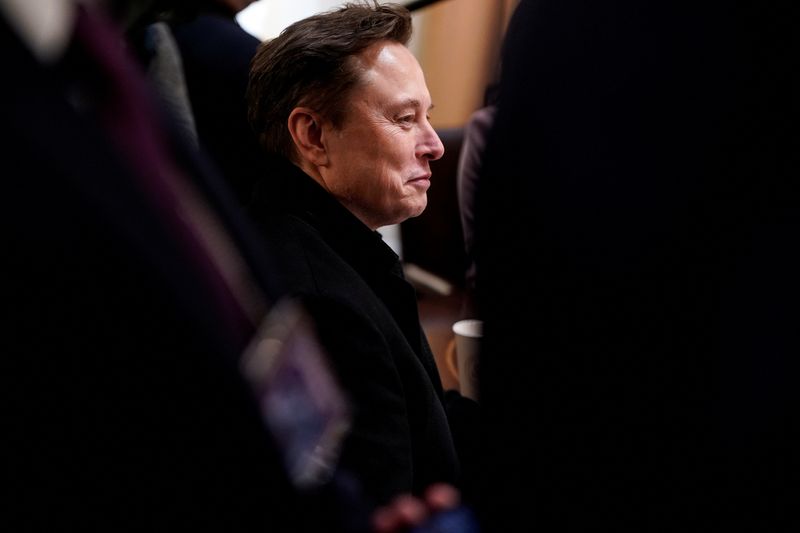California Attorney General Refuses to Participate in Musk’s Lawsuit Against OpenAI

Elon Musk’s Legal Dispute with OpenAI
Background of the Dispute
Elon Musk, one of the co-founders of OpenAI, is currently embroiled in a legal conflict with the organization he helped create. The conflict centers around his lawsuit against OpenAI and its current CEO, Sam Altman, regarding the direction of the company and its operations. Musk has expressed concerns that OpenAI’s decision to change its nonprofit structure threatens the organization’s original mission of promoting beneficial AI for humanity.
Attorney General’s Response
Recently, the California attorney general’s office chose not to support Musk’s lawsuit against OpenAI. In a letter released to the public, officials indicated that they did not believe Musk’s actions serve the public interest of the state. Additionally, the attorney general’s office noted that Musk failed to demonstrate how joining the lawsuit would benefit the public. This decision reflects a broader concern among officials about the potential misuse of OpenAI’s charitable assets.
The Lawsuit’s Context
Musk’s lawsuit arises as OpenAI plans to alter its nonprofit governance structure. The company seeks to eliminate its nonprofit board’s power in exchange for a significant equity stake, which Musk argues would undermine the organization’s foundational goals. This shift is essential for OpenAI to attract investors as it aims to complete a substantial $40 billion fundraising round by the end of the year.
Key Points of the Lawsuit:
- Transition to Profit Model: OpenAI aims to transition from a nonprofit to a model that will allow it to raise funds.
- Musk’s Concerns: He believes this shift could lead to prioritizing profits over the original mission of developing AI for the benefit of humanity.
- Previous Unsolicited Bid: Musk’s consortium made a bold $97 billion bid to gain control of OpenAI earlier this year.
Broader Implications
There are significant implications connected to OpenAI’s transition. The California attorney general’s office must approve this change due to the company’s state affiliation. Notably, various influential groups, including philanthropy leaders and tech giants like Meta, have shown opposition to OpenAI’s proposed shift. They have urged the state to take action to prevent OpenAI from transitioning away from its nonprofit roots.
OpenAI’s Perspective
In defense of its planned changes, OpenAI argues that removing the nonprofit’s controlling role is crucial for its growth and future funding opportunities. The company insists that it will continue to maintain a stake in OpenAI, which will become increasingly valuable as the organization expands. This retained stake is expected to provide the necessary resources to further its mission, underpinning the necessity of the proposed changes.
Historical Context
Musk and Altman established OpenAI in 2015, with a shared vision of leveraging artificial intelligence for widespread good. However, Musk distanced himself from the company before it emerged as a frontrunner in AI development. In recent years, Musk has also launched his own AI startup, xAI, which some speculate may be a competitor to OpenAI.
Upcoming Legal Proceedings
The ongoing legal battle has reached a significant stage, with a jury trial scheduled for spring next year. As tensions rise, both Musk and Altman have publicly exchanged accusations regarding the management and future direction of AI development. Musk’s claims assert that OpenAI has strayed from its initial charitable mission, while OpenAI continues to dispute these allegations.
This ongoing dispute reflects broader considerations about the ethical development of artificial intelligence, the responsibilities of tech leaders, and the roles of profit in pioneering advancements for societal benefit.





